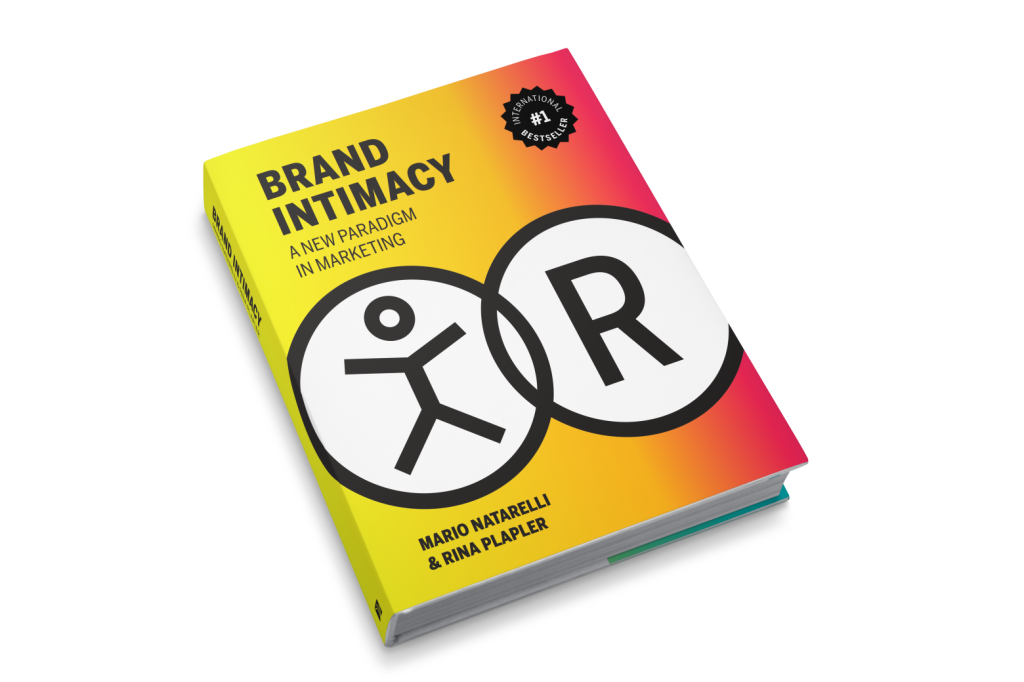Everything You Didn’t Know About Branding

MBLM, the Brand Intimacy Agency, focused on strategy, design, creative and technology released their best-selling book, Brand Intimacy: A New Paradigm in Marketing.

More than just a book on branding, authors Mario Natarelli and Rina Plapler, present comprehensive research explaining the importance of branding and marketing for future business success with examples from case studies and experience in brand building from companies like UPS, Mexico, American Airlines, The Palms and PayPal.
Highlighting the importance of a strong brand – a bond with consumers built on beliefs, associations, values and performance; the pair give a strong case as to why many brands have to shift their focus and connections in order to maintain their relationships with consumers in the new, quickly changing economy.
RELATED: Strengthening Your Personal Brand
Focusing on the transformation and growth of brands, targeting consumers has shifted from a one-way mode of advertisement to a two-way form of consumer engagement.
As consumers, we were once connected to brands through familiarity and television or radio ads. According to AdWeek, as consumers, we receive over 5,000 marketing messages a day through social media, television and radio ads, billboards and other forms of advertising media. We are also have direct access to defining brand experiences through direct feedback on open platforms, which change the way that brands connect with consumers.
While the definition of brand has morphed from it’s original definition, the context has remained the same: the sum of all expectations and associations or experiences that result in a a consumer selecting a product or service over another.

According to their research, how do Mario and Rina feel that brands can better build relationships with their consumers?
Through emotion.
Brands have the advantage of building strong relationships with consumers by connecting with their emotions. It’s critical to be intimate with consumers in order to become welcomed participants in a consumer’s personal space in order to form not just a bond, but an “intimate” relationship.
Research showed that emotionally connected customers were more than twice as valuable as highly satisfied customers; resulting in an emotionally connected consumer who showed brand loyalty, less price sensitivity, more alertness to brand communications and shared a higher referral interaction.
The bottom line is brands that connected more personally with consumers and found their way into everyday experiences with consumers, were more successful in maintaining customers.






